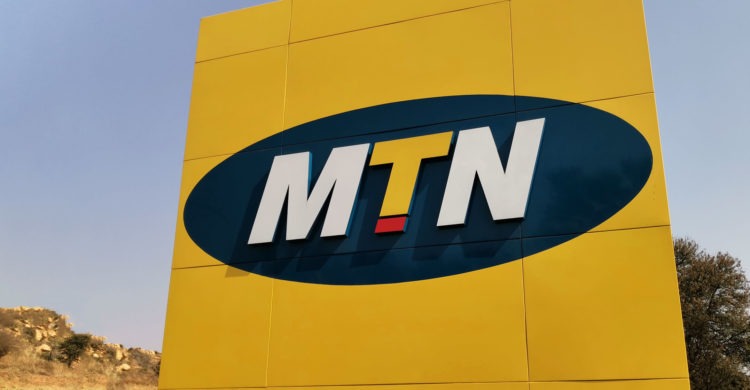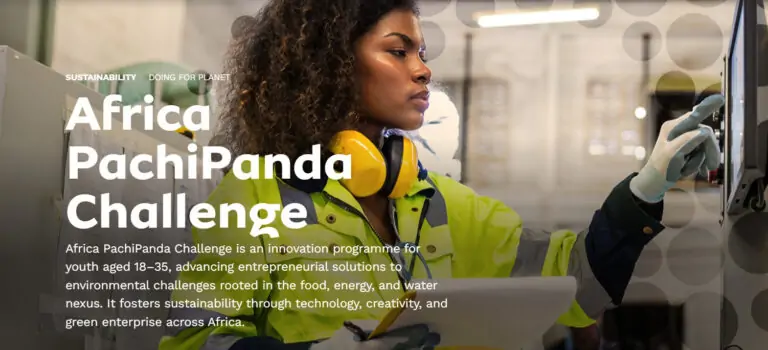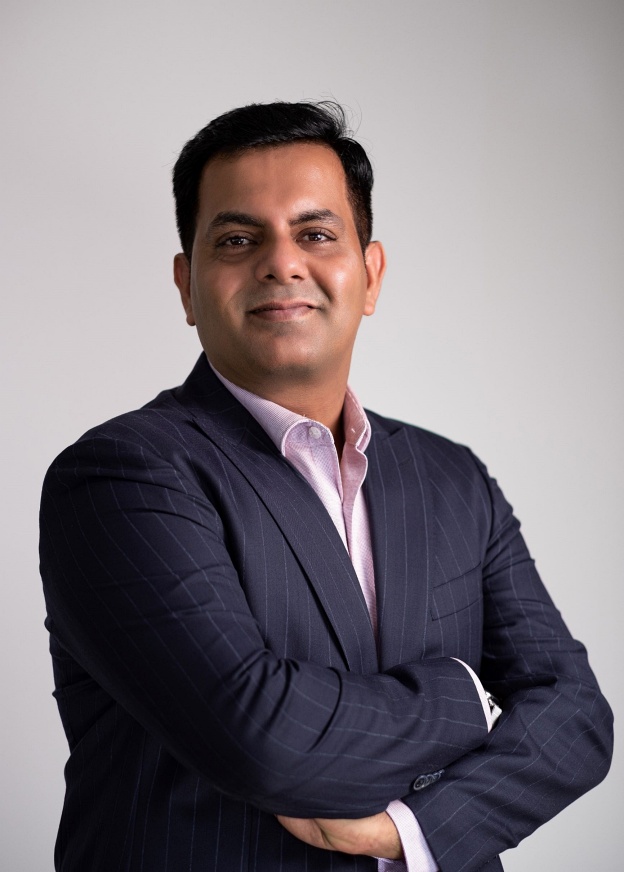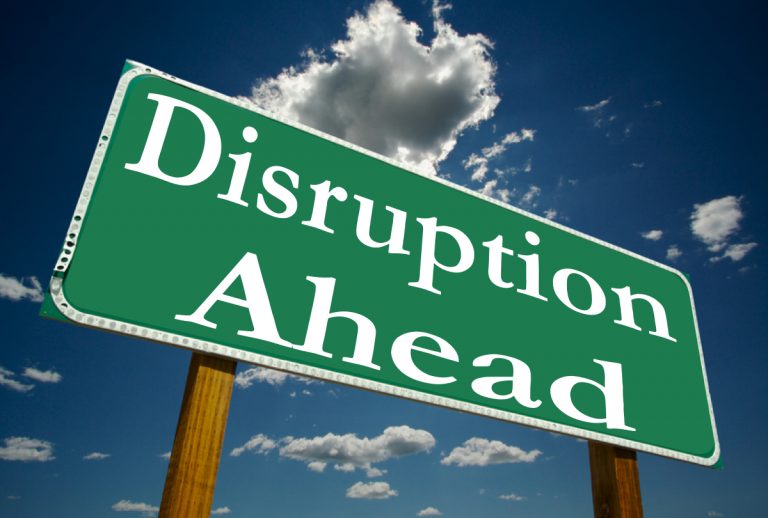A chat with Laurin Hainy, CEO FairMoney on Fintech and access to financial services in Nigeria
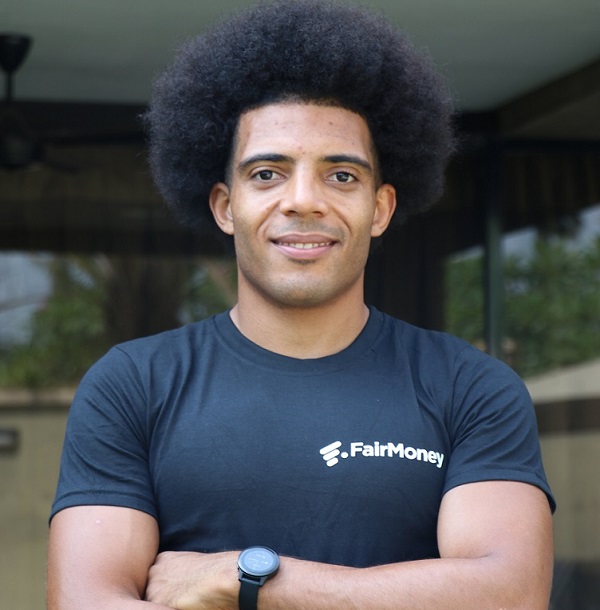
Laurin Nabuko Hainy is the co-founder and CEO of FairMoney MFB, Nigeria’s largest digital bank.
FairMoney recently announced at its inaugural Investors’ Conference in Lagos that they have disbursed over N71 billion in loans so far in 2021, more than doubling the amount in 2020, in order to drive financial inclusion in Nigeria.
Laurin discusses efforts to increase financial inclusion in Africa’s most populous country in this interview.
Excerpt:
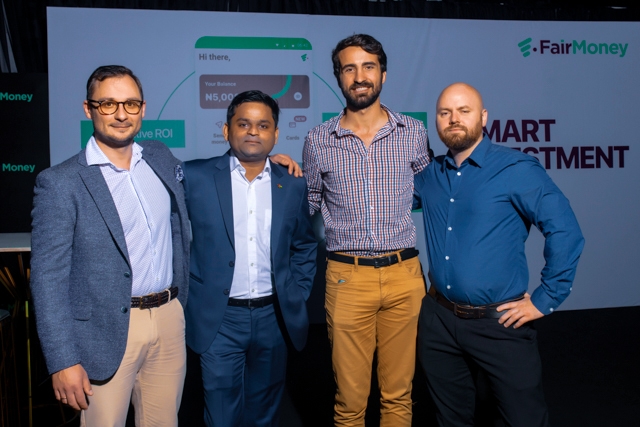
Approximately 60 million Nigerian adults do not have bank accounts today. What do you think could be the cause of this?
What, in my opinion, are banks doing for their customers in terms of creating incentives for them to use financial services? It’s not much. We began with lending products because we realized that the small business owner requires capital to operate, which financial institutions do not provide, and that is what we provide. We want to use technology to bank Nigeria‘s 60 million unbanked citizens.
What is the repayment rate of disbursed loans, and is it true that women are more likely than men to repay loans?
Because we use technology to underwrite loan facilities and Artificial Intelligence to underwrite loan facilities, the repayment rate has been impressive. This is a technology that we developed internally, and many banks do not have it. That’s how we’ve been able to expand our loan book while maintaining a conservative risk appetite.
Our Non-Performing Loans are higher than the industry average, implying that our growth rate is higher than the industry average. Our default rate has typically been around 10%.
What are some of the challenges you’ve faced so far?
Another reason most financial institutions do not serve the unbanked is a lack of infrastructure that prevents them from going the extra mile to serve their customers. That is our main obstacle. We are willing to collaborate with regulators and other fintech players to build the necessary infrastructure to include the 60 million customers who do not currently have BVN or access to financial services.
Nigeria is a fantastic market because approximately 4 million people join the adult population in Nigeria each year, but if you don’t have the right infrastructure to serve them, it is a major problem for the sector. This is the industry’s most difficult challenge for us.
The country is home to hundreds of Fintech companies. What industry gap do you hope to fill with FairMony MFB?
We are leveraging the existing infrastructure to build a customer-facing service on top of it in order to meet the financial needs of our customers. We also provide salary accounts and debit cards. The plan is to establish the first and largest online bank in Nigeria within the next 100 years. We would like to provide insurance services to our customers in the future.
How many customers have you already served?
By the end of the year, we will have opened over 2 million bank accounts, and our registered users will have surpassed 5 million.
FairMoney is currently available in Nigeria, France, and India. What comes next, and when?
We are very excited about the opportunities in Nigeria and India because they are two of the world’s four largest countries, but they are severely underserved. As a result, we’d like to investigate the possibilities before relocating elsewhere.
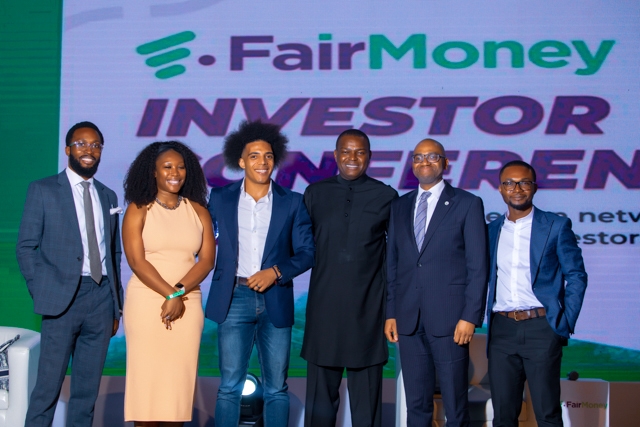
What other similarities do the two countries share, aside from being underserved?
There are many similarities, particularly in the state of the infrastructure, though India is slightly ahead because the majority of our customers in India have some form of identification. The major similarity is that the vast majority of customers are not served by commercial banks.



